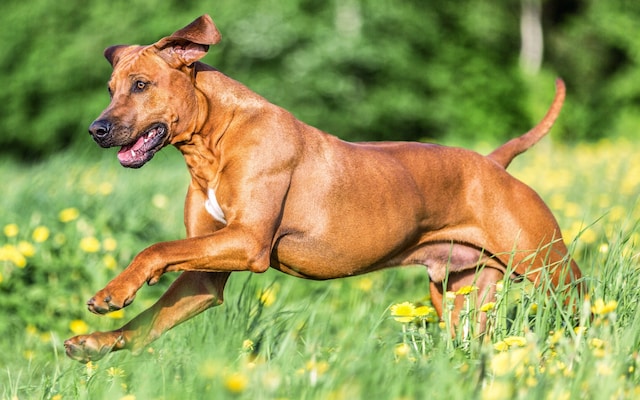Dog Owner’s Legal Responsibility in Cat Attack Incident
A disturbing incident occurred on a quiet estate where a Rhodesian Ridgeback dog broke free from its owner’s control and attacked a cat in the front garden. The cat suffered severe injuries and incurred £3,000 in vet bills. Despite the owner’s initial apology, he has refused to contribute to the costs, claiming his dog insurance doesn’t cover cat injuries.
Understanding Legal Liability
As a lawyer explains, the dog owner bears legal responsibility for the incident under the Animals Act 1971. This Act establishes that the ‘keeper’ of an animal – in this case, the dog owner – is liable for injuries caused by their pet. The fact that the dog was not under control when it broke free from its lead strengthens the case against the owner.
Key Factors in Determining Liability
- The dog caused injury to the cat
- The dog was not under control when it attacked
- The attack was reasonably foreseeable given the breed’s known characteristics
Potential Claims Against the Dog Owner
The victim can pursue multiple legal avenues:
- Strict liability under the Animals Act 1971
- Negligence for failing to control the dog
- Damage to property as the cat is considered personal property
Next Steps in Seeking Compensation
To proceed with a claim, the victim should:
- Establish the dog owner’s identity and ownership
- Calculate total financial losses, including the £3,000 vet bill
- Send an initial ‘letter of claim’ to the dog owner with supporting evidence
- Set a deadline for response and potential payment
- Threaten to issue a small claims track claim if necessary

It’s crucial to note that if the victim recovers their losses from the dog owner, they may need to repay any insurance claim they’ve made. This legal advice serves as a starting point, and readers are encouraged to conduct their own further research.


